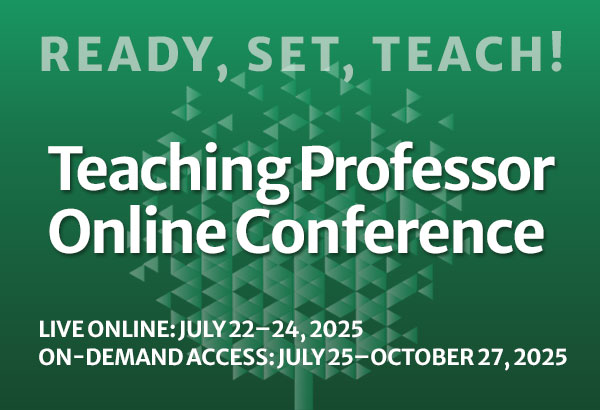Developing Self-Regulated Learning Skills: A Unique Approach
New college students come to postsecondary education with some accurate expectations. They expect that college will be harder than high school. Most anticipate having to study more. But they also expect that those study approaches that served them well in high school will work equally




